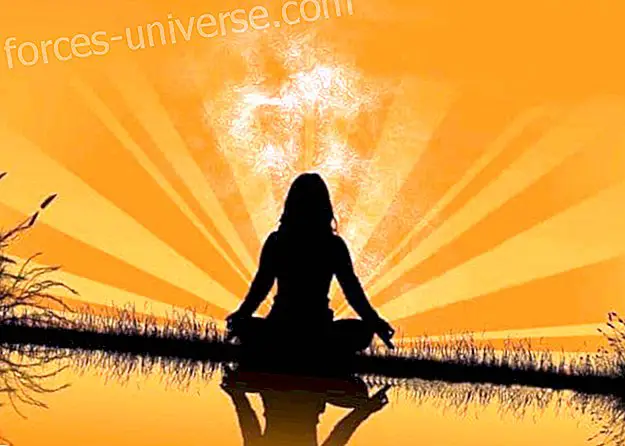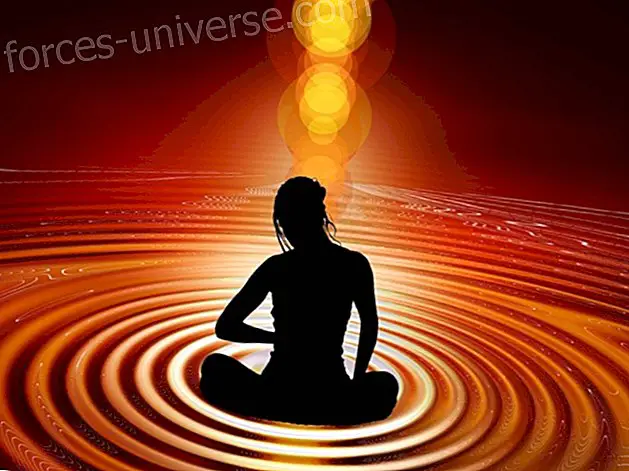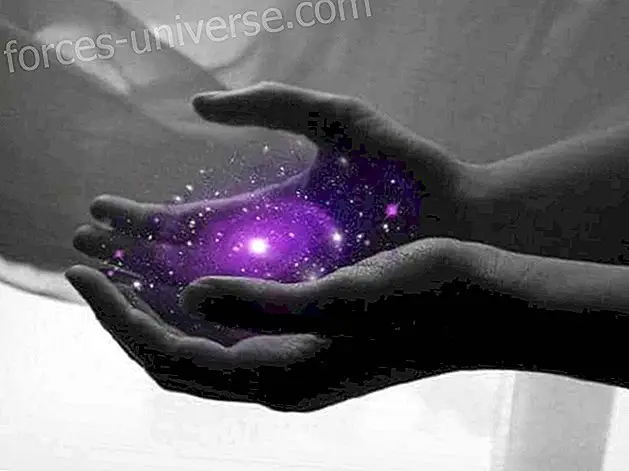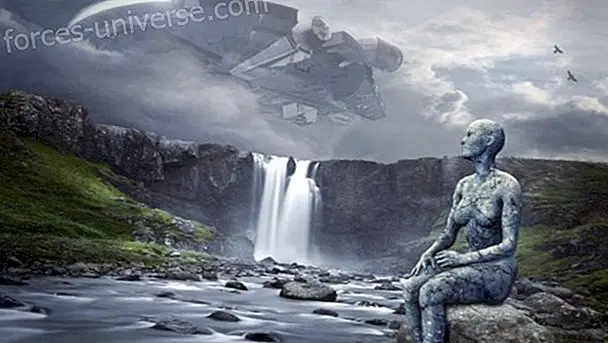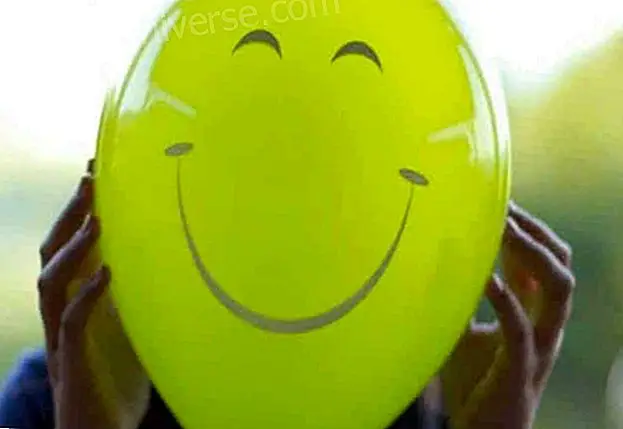
Reality and mind
Before we begin, say that Reality has called my attention powerfully. Always making me elucubrar the most crazy ways to support it, to explain the past or outline possible futures. Recently I finally focus on trying to explain today.
In 1996, he wrote about the deep relationships between technology and the environment, for example, and the possible consequences for the human species given their mutual influences. The seed of my awakening to the idea of emergence of increasing complexity in phases matter, mind, spirit was already in fertile soil.
In one of those documents he presented some technological aspects and subliminally suggested (not explicitly), the existence of a discontinuity and its overcoming towards a (possible) next evolutionary state of humanity only generating the frown of my teacher so much for the hypertextuality of the text as for his possible rallies. Some of that today is reflected in " the awakening of a new consciousness in Gaia", see link https://hermandadblanca.org/gia-emerger-una-nueva-conciencia-gaia/

Increasing complexity
Explanations to the process of increasing complexity have monopolized my time for years now. Today I feel that existence is more than just the rebound of sensations in a neural network. The interesting point here is that every time we realize that these rebounds do not respond so much to external phenomena but to internal ones and thus the thing becomes more interesting.
You are someone? You know so, but do others know it? few really ... how is it that 6 billion souls share a few quarks concentrated around a middle and lonely star on an outer arm of a small galaxy?
Is this the real thing? the asphyxiating determinism that dominates our memes, and genes, says yes, but this bond is loosened and the strands that give it sustenance are rearranged as we see more and more that parallel existences break their virtuous or perverse circles by just proposing it.
In that sense, many of the aspects to be considered are mostly related to our own value judgments and the way we perceive the universe and therefore, if there is anyone in this who has something to say about it, it is the mind, reason then to spill a few loose ideas about it.

Jung's Mind
About the mind the twentieth century psychologist, Sir Carl Gustav Jung, has some interesting ideas: One of them postulates that the mind has 4 basic bricks with which to structure and stand in front of reality: (1) Perception (the senses), (2) Apperception (perception + memory), (3) Feelings (as the previous two affect us emotionally) and (4) Intuition (special perception about the hidden possibilities that a situation brings).
These ideas sound very logical to follow, but in the 10s of the twentieth century, they were very avant-garde and criticized. In the cafés of Vienna Jung and Freud argued heatedly without knowing that each one in fact defended a part of the whole and ignoring at the same time that both were complementary.
100 years ago ideas exploded. There were so many that overwhelmed but not avoided fertile soil. Some managed to integrate pieces and develop very good abstractions of how to explain reality.

Rorschach
One of them was Roschard, the creator of Psychodiagostics and his famous stain test, who from the contemplation of how art impacts people emotionally or as children They look for figures in the clouds or in the cracks of a sandy beach or on the maps, until they came to the study of Lekanomantia (an ancient divinatory way based on the act of contemplating a vessel full of water). (*)
(*) Today we know we are a great vessel of water. Water that absorbs the energies of the environment and from its emotions projects reality
After 10 years of elucidating and comparing results in a very well-documented work he came to raise his masterful set of spots in 1920, which however was not well received in the circle of psychologists of the Time.
It would take more than 20 years for this timidly powerful tool to be accepted by the new psychologists that the twentieth century saw born in its quest to improve and understand the health of the mind thanks to the projective analysis that owes much, among others, to Rorschard.
Unfortunately, I believe that much more development has had the knowledge of the mind to sell and intensely position the products of some or to skim corporate talent rather than healing support.

Collective unconscious
Anyway, returning to Rorschard and Freud, and although it is true, the latter focuses on the personal unconscious and its most forgotten and rejected aspects, especially in sexual impulses (remember that we are in the Victorian era's remnants), it is Jung, on the other hand, who adds, without rejecting his address, another pair of interesting ideas; the notion of "collective unconscious" and "supra-individuality".
From the thought of Sir Carl Gustav Jung, a beautiful theory of interpretation of symbols and dreams, archetypes of human thought and collective unconscious emerges. All this is even today very avant-garde and little accepted by science, but intuitively it is indescribable.
So it is then that the mind perceives reality not only with the impressive network of nerve fibers that make up the central nervous system, but it also raises a more complex ideology in memory of its most important peripheral, the hypothalamus, responsible for our emotions .

The intuition.
As for Intuition, it is only recently that I try to trust her.
Let us now see how intuition and reason can be twinned; There are quite a few examples. Indeed, not only Jung elucidated possible realities. There was also another person attentive to subtle signs and signs that apparently no one perceives. Charles Fort was an American researcher known for devoting himself to the study of facts allegedly not solved by the science of his day.
In his "Book of the Damned, " 1919 he is perhaps one of the first contemporaries to look beyond the apparent without ruling out the impossible or unreal.
Moreover, we read textually “I collect notes on all subjects endowed with some diversity, such as deviations from concentricity in the Copernicus lunar crater, the sudden appearance of purple Englishmen, stationary meteors, or the sudden outbreak of bald head hair of a mummy. However, my greatest interest does not fall on the facts, but on the relationships between the facts. I have pondered a lot about the, so to speak, relationships that are often called coincidences. And if the coincidences did not exist? ”
Here I must sadly stop to tell you this: almost 100 years after Fort I can say that coincidences do not exist. There are too many, which obviously are not coincidence and increasingly subtle coincidences too.
In my case, close to Fort "I conceive all things as occupying gradations, regular stages between reality and unreality." This is why Fort does not care to seize such fact or such to begin to describe the whole, and I believe Be following a similar path.

